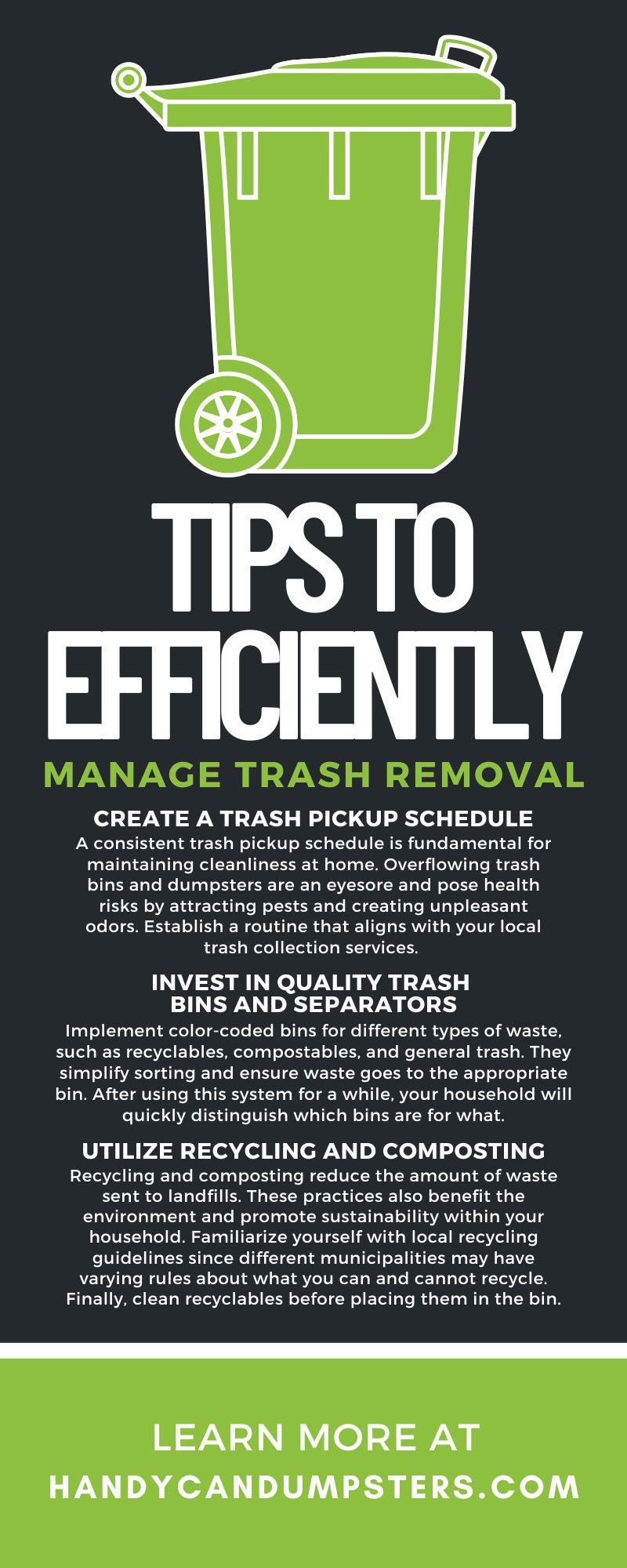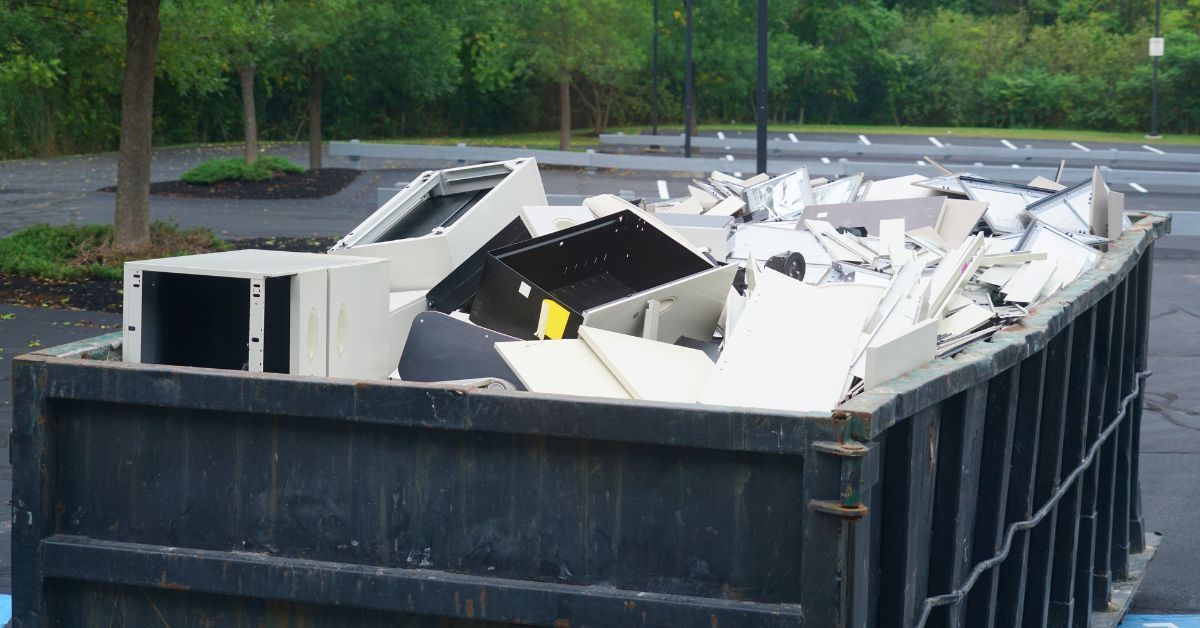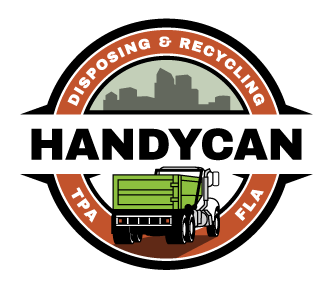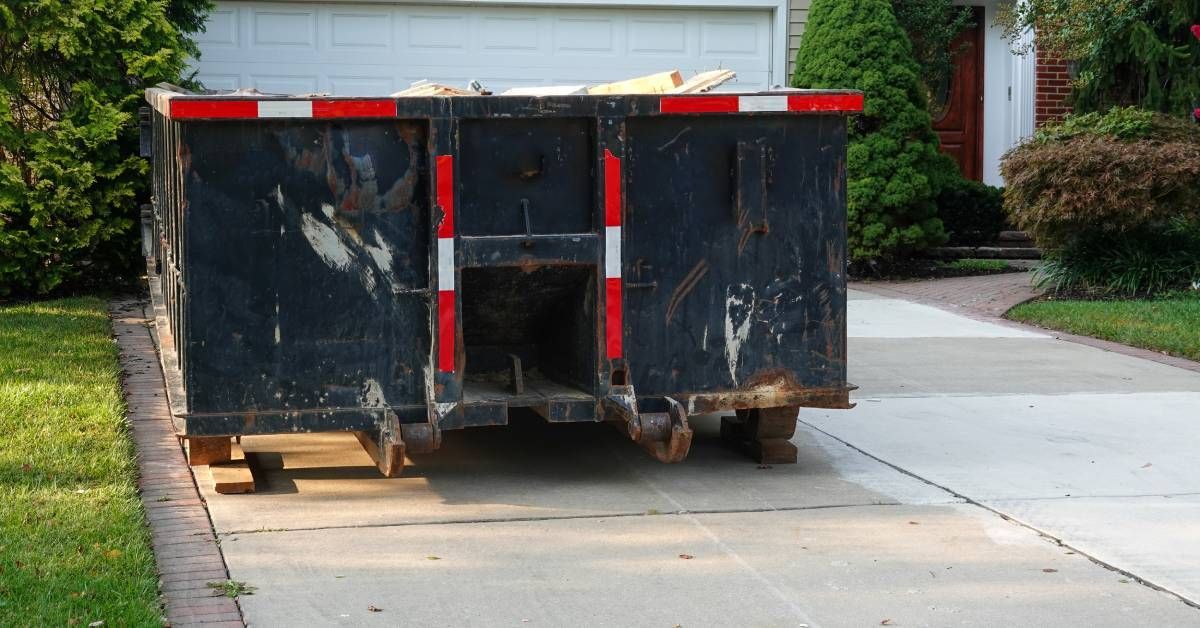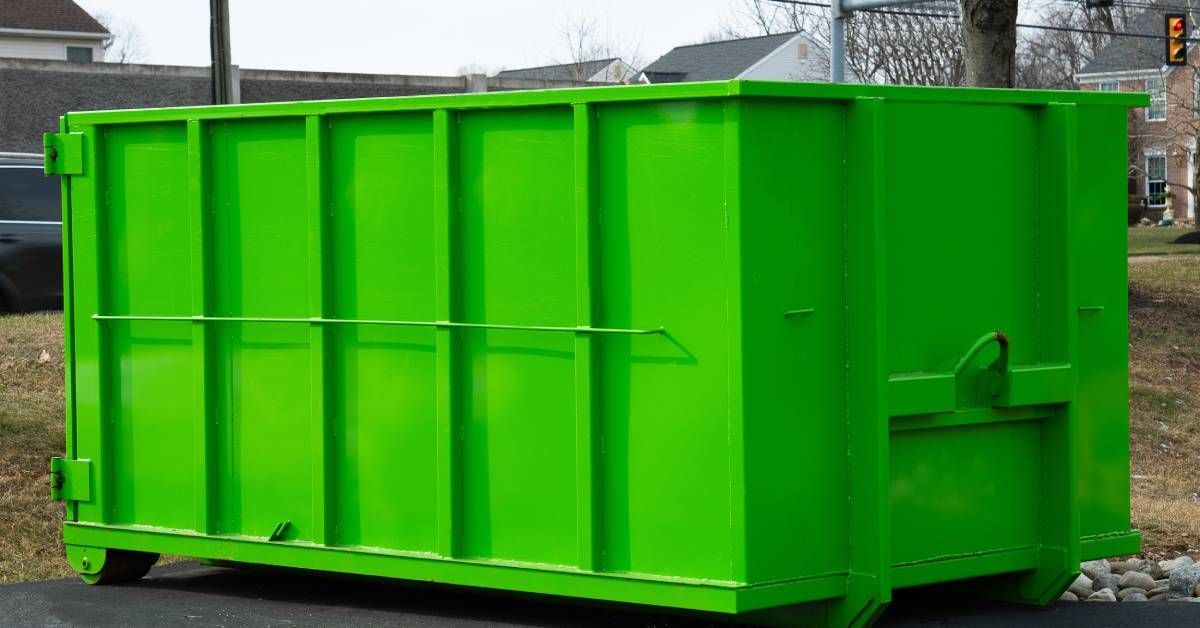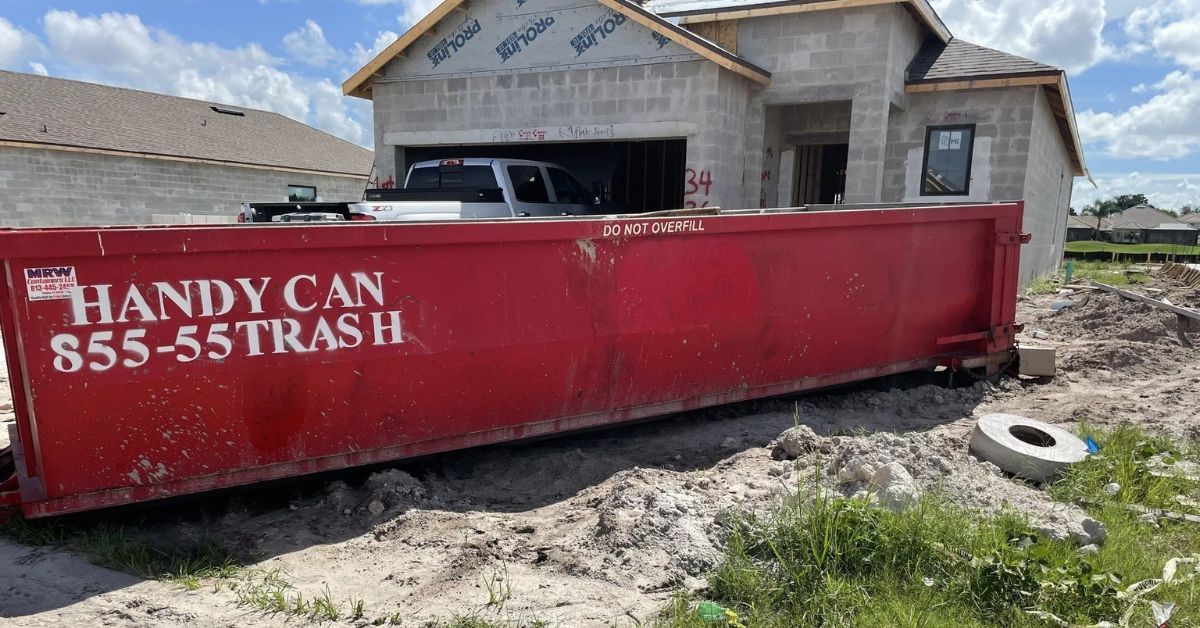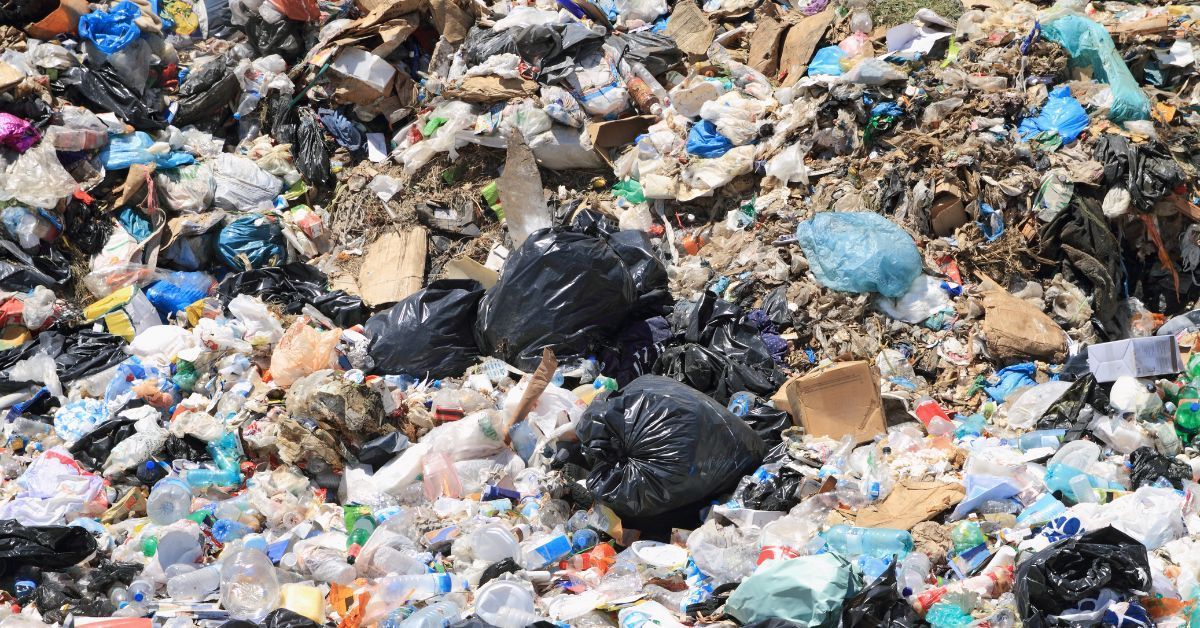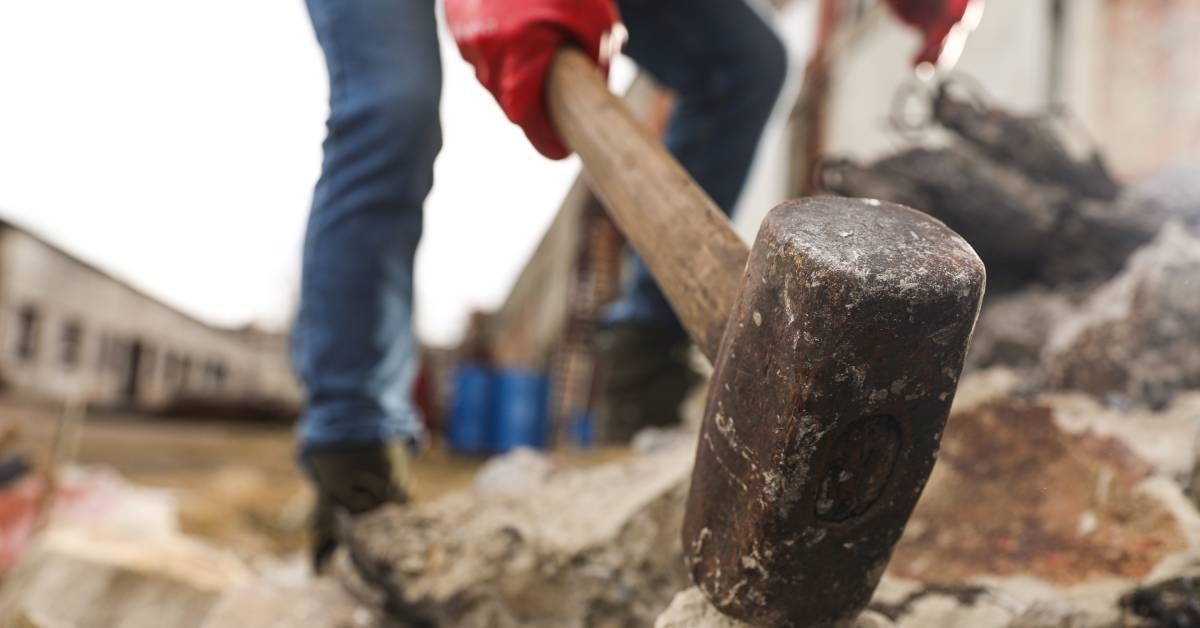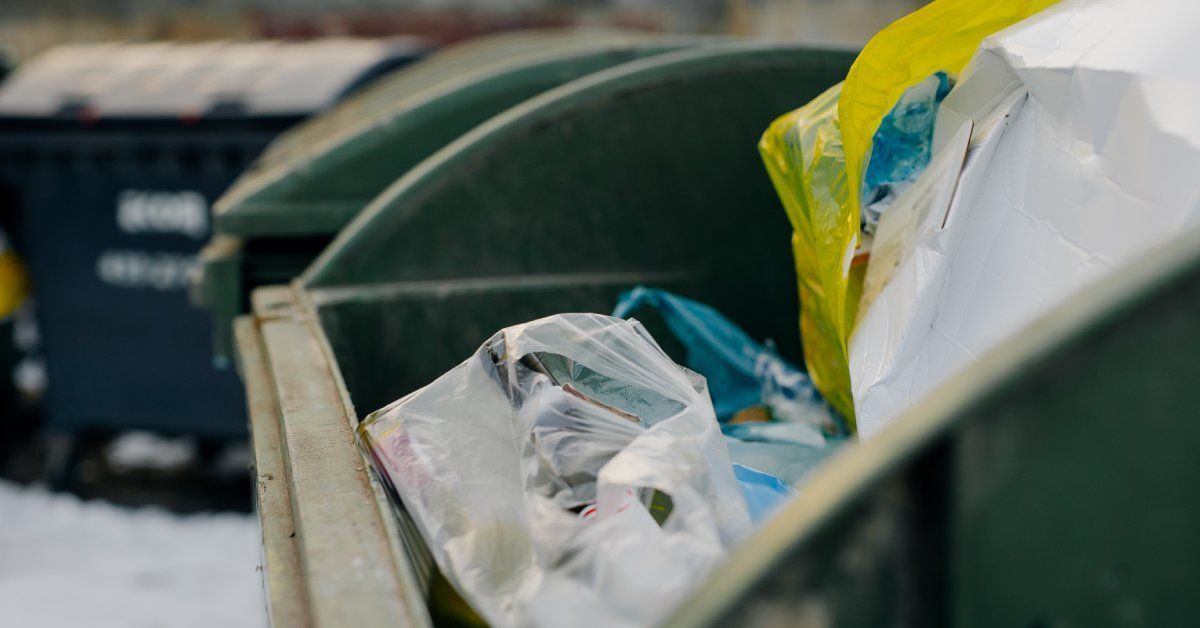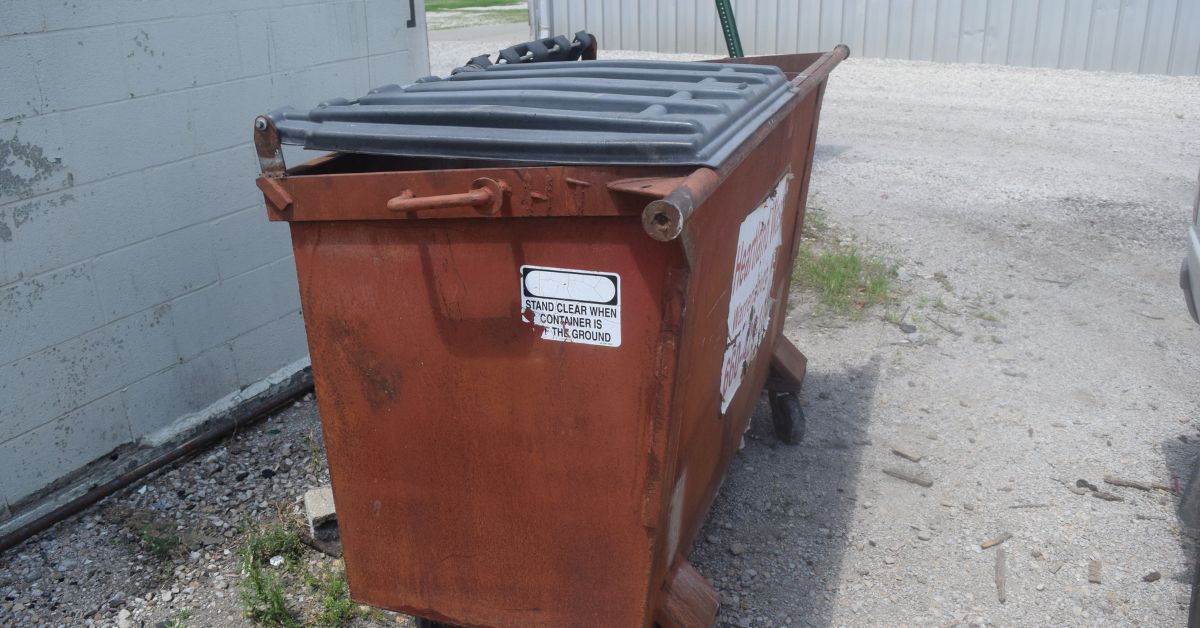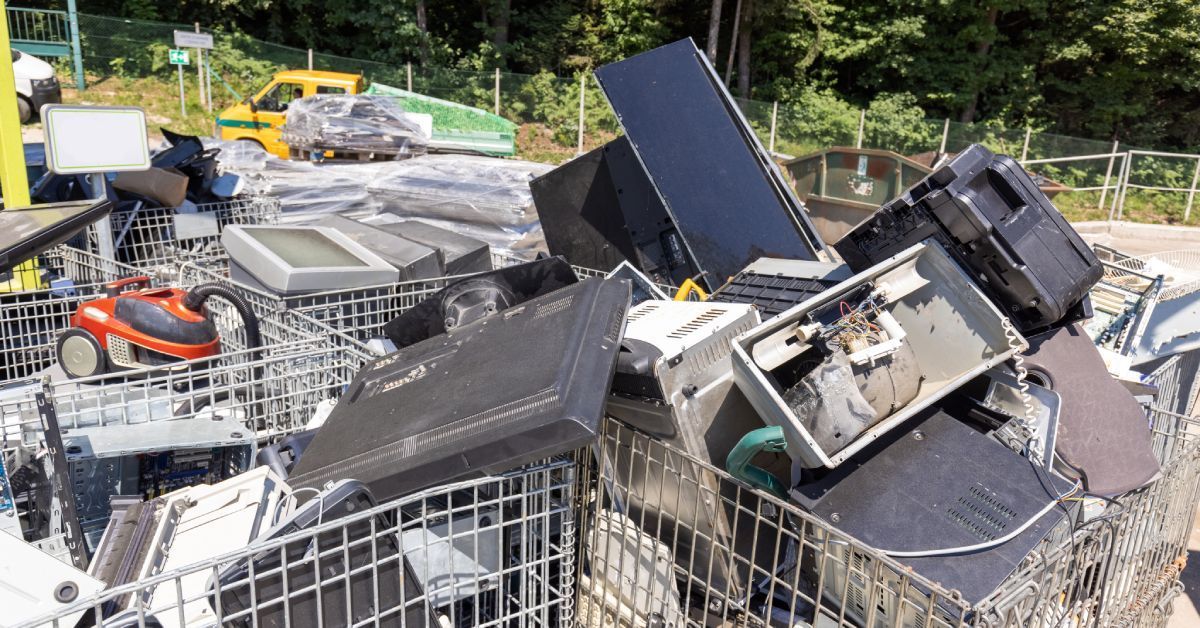5 Tips To Efficiently Manage Trash Removal
Maintaining a clean and healthy home environment is essential for every homeowner. Efficient trash removal ensures your living space remains sanitary. By implementing a few practices, you can manage waste and contribute to a greener planet. Here are five tips to help you efficiently manage trash removal.
1. Create a Trash Pickup Schedule
A consistent trash pickup schedule is fundamental for maintaining cleanliness at home. Overflowing trash bins and dumpsters are an eyesore and pose health risks by attracting pests and creating unpleasant odors. Establish a routine that aligns with your local trash collection services. Here are some pointers:
- Set reminders with digital calendars or mobile apps about trash collection days. You’ll never forget about trash day with these mementos!
- Coordinate with neighbors to enhance community cleanliness and efficiency.
- Adapt to changes in the local trash collection schedule due to holidays or municipal adjustments. Being proactive about these changes prevents disruptions.
2. Invest in Quality Trash Bins and Separators
High-quality trash bins and separators play a significant role in efficient waste management. Durable bins can withstand wear and tear, while separators facilitate sorting waste.
Choose the Right Size
Invest in appropriately sized bins for your household’s needs. Oversized bins may occupy unnecessary space, while undersized bins can lead to overflow.
Use Color-Coded Bins
Implement color-coded bins for different types of waste, such as recyclables, compostables, and general trash. They simplify sorting and ensure waste goes to the appropriate bin. After using this system for a while, your household will quickly distinguish which bins are for what.
Use Lidded Bins
Bins with secure lids contain odors and prevent pests from accessing the waste. This security measure is especially important for organic waste that decomposes quickly.
3. Utilize Recycling and Composting
Recycling and composting reduce the amount of waste sent to landfills. These practices also benefit the environment and promote sustainability within your household. Familiarize yourself with local recycling guidelines since different municipalities may have varying rules about what you can and cannot recycle. Finally, clean recyclables before placing them in the bin.
Composting organic waste, like yard trimmings and food scraps, reduces landfill waste and produces nutrient-rich soil for your garden. Use a compost bin or create a dedicated pit on your property, and turn it regularly to accelerate decomposition.
4. Stay Informed About Local Waste Management Regulations
Understanding local waste management regulations is crucial for compliant and efficient waste disposal. Knowing these rules helps you avoid fines and ensures you handle waste correctly.
Research Municipal Guidelines
Visit your local municipality’s website or contact the waste management department for information on waste disposal regulations. This info may include guidelines on disposing of hazardous waste, bulky items, and E-waste.
Attend Community Meetings
Many communities hold meetings or workshops on waste management. Participating in these events keeps you informed about new regulations and best practices.
Subscribe to Updates
Sign up for newsletters or alerts from your local waste management authority. This information will keep you updated on changes or initiatives related to waste disposal.
5. Consider Professional Trash Removal Services
Professional trash removal services can be convenient and safe for discarding large or hazardous items. These services can handle items that may not be suitable for regular trash collection.
Identify Your Needs
It can be a pain when you have to dispose of oversized items, but professional trash removal services will help. If you have large items like furniture, appliances, or construction debris that require special disposal, professional waste removal services can handle these items responsibly.
Check for Hazardous Waste
Items like batteries, paints, chemicals, and electronics need special handling. Professional waste management services dispose of these materials by following environmental regulations.
Evaluate Costs
While professional services may come at a cost, they save you time and effort. Contact local providers to find a service that offers the best value for your needs. For instance, Handy Can provides residential trash dumpster services on the west coast of Florida.
Benefits of Residential Dumpster Rentals
Residential dumpster rentals offer numerous advantages for homeowners undertaking large waste removal projects. Whether you’re tackling a home renovation, decluttering your home, or managing a large event, renting a dumpster can streamline the process and make waste disposal more efficient.
Convenience and Efficiency
Renting a dumpster provides a convenient solution for handling large volumes of waste. Instead of making multiple trips to the landfill or waiting for scheduled trash pickups, you can dispose of all your rubbish in one go. This convenience can be particularly beneficial during home renovations or cleanouts, where debris accumulates quickly.
Versatility and Capacity
Dumpsters come in various sizes, making them suitable for various project types, big or small. Whatever the job is, you can find a dumpster size to match your needs. This flexibility allows you to manage waste effectively without worrying about overloading your regular trash bins.
Safety and Cleanliness
Having a designated dumpster keeps your property clean and safe. Piling up debris in your yard or driveway can pose safety hazards and create an unsightly environment. With a rental dumpster, all waste can go in one secure location, reducing the risk of accidents and keeping your property relatively tidy while you work.
Environmental Responsibility
Professional dumpster rental services comply with local waste disposal regulations, disposing of waste responsibly. Many providers also prioritize recycling and safe disposal of hazardous materials, contributing to environmental sustainability.
Cost-Effectiveness
While the initial cost associated with renting a dumpster may seem high, it can be cost-effective in the long run. The efficiency and convenience of having a dumpster on-site can save time and labor costs. Additionally, it prevents potential fines for improper waste disposal and minimizes the need for multiple landfill trips, which can add up and cost a pretty penny.
Incorporating residential dumpster rentals into your waste management strategy can significantly ease the burden of large-scale trash removal projects. These tips for efficient trash removal can enhance your home’s cleanliness and promote a more sustainable and environmentally friendly lifestyle. Try them out today to enjoy the benefits of efficient waste management!
